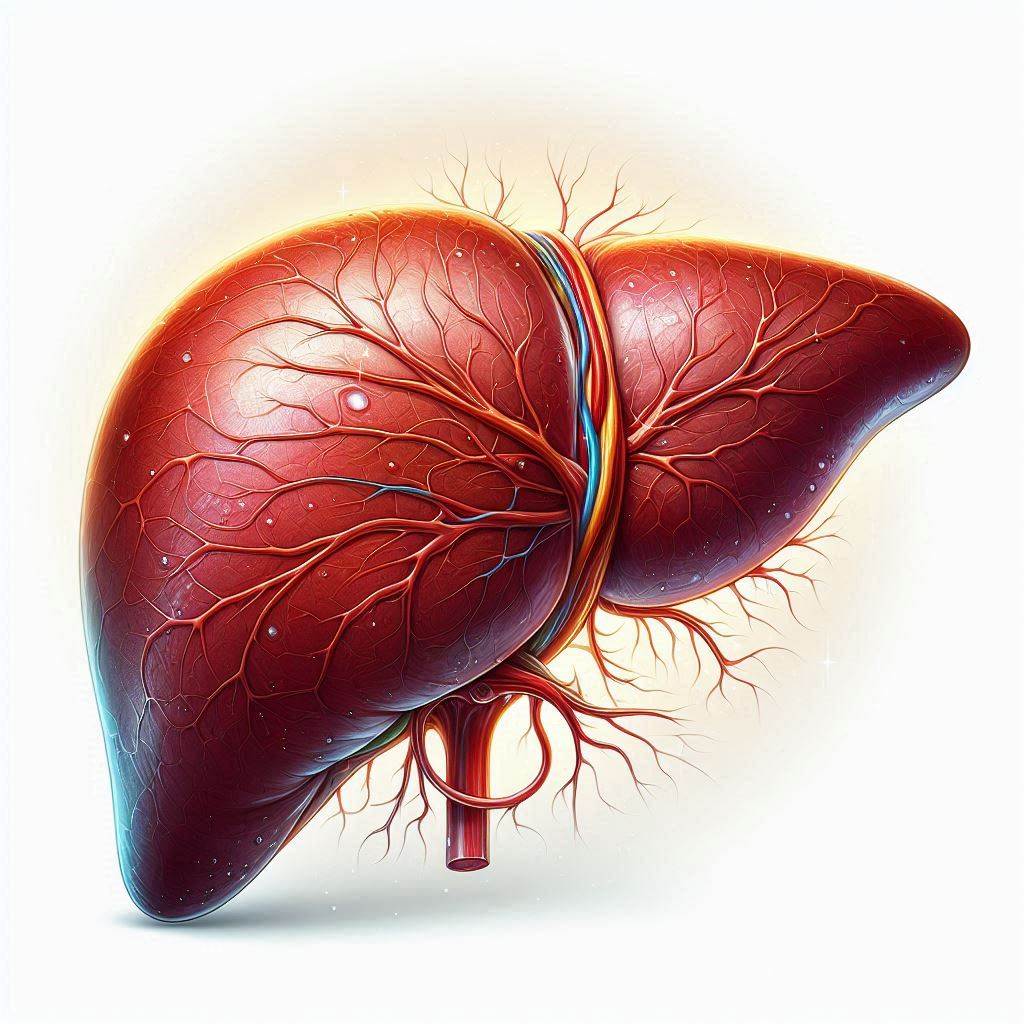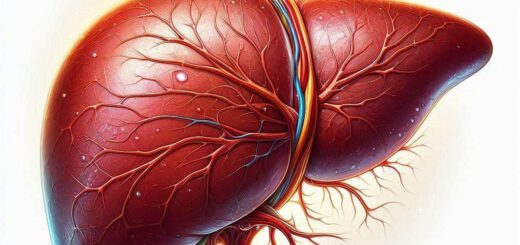How to Naturally Reverse Fatty Liver Disease
Fatty liver disease, also known as hepatic steatosis, is a common condition where excess fat builds up in the liver. While it can be caused by excessive alcohol consumption, a growing number of cases are non-alcoholic fatty liver disease (NAFLD), which is linked to obesity, insulin resistance, and other metabolic conditions. The good news is that with appropriate lifestyle changes, fatty liver disease can be managed and even reversed. Here are natural ways to help you detoxify your liver and improve your overall health.

Understanding Fatty Liver Disease
Before diving into natural remedies, it’s essential to understand what fatty liver disease is and its causes.
What is Fatty Liver Disease?
Fatty liver disease occurs when the liver stores excess fat, accounting for more than 5-10% of its weight. There are two main types:
- Alcoholic Fatty Liver Disease (AFLD): Caused by excessive alcohol intake.
- Non-Alcoholic Fatty Liver Disease (NAFLD): Occurs in individuals who drink little or no alcohol. NAFLD can progress to non-alcoholic steatohepatitis (NASH), which is more severe and can lead to liver cirrhosis or cancer.
Causes and Risk Factors
Several factors contribute to fatty liver disease, including:
- Obesity: Excess weight increases fat deposition in the liver.
- Insulin Resistance: Common in people with type 2 diabetes or metabolic syndrome.
- High Fat Diet: Particularly diets high in saturated fats and sugars.
- Sedentary Lifestyle: Lack of physical activity exacerbates weight gain and insulin resistance.
- Genetics: A family history of liver disease can increase the risk.
Natural Remedies to Reverse Fatty Liver Disease
1. Adopt a Healthy Diet
Diet plays a crucial role in managing and reversing fatty liver disease. Focus on the following dietary changes:
a. Increase Fruits and Vegetables
Fruits and vegetables are rich in antioxidants, vitamins, and minerals that support liver health. Aim to include a variety of colors in your diet to ensure a range of nutrients. Leafy greens like spinach and kale, and fruits such as berries, are particularly beneficial.
b. Choose Whole Grains
Replace refined grains with whole grains like oats, quinoa, brown rice, and whole wheat. Whole grains are high in fiber, which helps regulate blood sugar levels and reduce fat accumulation in the liver.
c. Healthy Fats
Incorporate healthy fats from sources like avocados, nuts, seeds, and olive oil. Omega-3 fatty acids, found in fatty fish such as salmon, mackerel, and sardines, are especially beneficial in reducing liver fat.
d. Limit Sugar and Refined Carbs
Excessive sugar and refined carbohydrates contribute to fat buildup in the liver. Reduce your intake of sugary beverages, sweets, white bread, and pasta.
e. Lean Protein
Include lean protein sources such as chicken, turkey, tofu, and legumes. Protein helps maintain muscle mass, which is essential for overall metabolic health.
2. Regular Exercise
Regular physical activity is vital for managing fatty liver disease. Exercise helps reduce liver fat, improve insulin sensitivity, and promote weight loss. Aim for at least 150 minutes of moderate-intensity exercise, such as brisk walking or cycling, per week. Incorporating resistance training twice a week can further enhance fat loss and muscle maintenance.
3. Maintain a Healthy Weight
Weight loss is one of the most effective ways to reverse fatty liver disease. Even a modest weight loss of 5-10% of your body weight can significantly reduce liver fat. Focus on gradual, sustainable weight loss through a combination of diet and exercise.
4. Stay Hydrated
Drinking plenty of water helps flush toxins from the body and supports liver function. Aim for at least 8 glasses of water a day. Herbal teas, such as green tea and dandelion root tea, can also be beneficial due to their antioxidant properties.
5. Avoid Alcohol and Certain Medications
Alcohol can worsen liver damage, so it’s crucial to avoid it completely if you have fatty liver disease. Additionally, some medications can have adverse effects on the liver. Always consult your healthcare provider before taking any new medications or supplements.
6. Incorporate Liver-Friendly Supplements
Certain supplements can support liver health and aid in reversing fatty liver disease. These include:
a. Milk Thistle
Milk thistle is a popular herb known for its liver-protective properties. It contains silymarin, which has antioxidant and anti-inflammatory effects.
b. Vitamin E
Vitamin E has been shown to reduce liver inflammation and improve liver function in people with NAFLD. However, it’s essential to consult with a healthcare provider before starting any supplement regimen.
c. Omega-3 Fatty Acids
As mentioned earlier, omega-3 fatty acids help reduce liver fat and improve overall liver health.
7. Manage Stress
Chronic stress can negatively impact your liver health. Practice stress-reducing techniques such as meditation, yoga, deep breathing exercises, and mindfulness. Ensuring adequate sleep and maintaining a healthy work-life balance are also crucial for managing stress.
8. Detoxify Your Liver
While the liver naturally detoxifies itself, certain foods and practices can enhance this process. Incorporate the following into your routine:
a. Garlic
Garlic contains sulfur compounds that activate liver enzymes, helping flush out toxins. It also has selenium, a mineral that enhances liver detoxification.
b. Turmeric
Turmeric has potent anti-inflammatory and antioxidant properties. Curcumin, the active ingredient in turmeric, helps protect the liver and improve its function.
c. Lemon Water
Starting your day with warm lemon water can stimulate liver function and aid in digestion. Lemons are rich in vitamin C, which helps the liver produce glutathione, a crucial detoxifying compound.
9. Regular Check-Ups and Monitoring
Regular check-ups with your healthcare provider are essential for monitoring your liver health and progress. Blood tests, imaging studies, and liver function tests can help track improvements and guide your treatment plan.
Conclusion
Reversing fatty liver disease naturally requires a comprehensive approach that includes dietary changes, regular exercise, weight management, hydration, and stress reduction. By adopting these lifestyle changes, you can support your liver’s health and improve your overall well-being. Remember, it’s essential to consult with your healthcare provider before making any significant changes to your diet or exercise routine, especially if you have underlying health conditions.
By following these natural remedies and maintaining a healthy lifestyle, you can take proactive steps towards reversing fatty liver disease and ensuring long-term liver health.
Implementing these strategies not only aids in liver detoxification but also enhances your overall quality of life. Start today, and take control of your liver health naturally.









